For the health of your baby, you want to maintain proper nutrition during pregnancy. Women who exercise and eat well have fewer complications than those who don’t meet their body’s nutritional needs. Prenatal care is also essential for giving birth to a healthy baby. Here are a few things that you need to know about the importance of prenatal nutrition.
Nutrition Is Essential
Diet is vital to your unborn child’s health. With a nutritious diet, your baby will have a healthy birth weight and proper fetal brain development. The right nutrition can also reduce the risk of birth defects. Some research is showing that a balanced diet will also decrease your risk of anemia, along with morning sickness and fatigue. If these reasons were not enough, a healthy diet may improve your mood swings and lessen complications in labor.
By adding whole grains, fruits, and vegetables, you can get the right nutrition into your diet. For a healthy pregnancy, you need to add around 300 extra calories per day. A variety of foods from each group will provide the right nutrients for your baby. You also want to keep the sweets and fats to a minimum. With a healthy diet, you might avoid some pregnancy symptoms, including constipation and nausea.
You should add calcium for healthy bones and teeth. Calcium is known to help your muscular, nervous, and circulatory systems operate for you and the baby. You need to add about 1,000 milligrams per day. Broccoli, kale, fruit juice, and fortified breakfast cereals contain high levels of calcium.
Vitamin D can help promote bone strength and healthy teeth. For a healthy pregnancy diet, you should add 600 international units (UI) a day. You can find vitamin D in fatty fish, such as salmon. Orange juice and fortified milk also contain in this vitamin, and it helps build your baby’s bones and teeth.
If you want to help promote growth, you need to add protein to your diet. You should strive for 71 grams per day. There are many options to find protein, including beans, nuts, peas, soy products, lean meats, fish, and eggs.
Iron is important for your body to produce hemoglobin. These proteins create red blood cells that carry oxygen into the tissues. During your pregnancy, you should double your intake of iron. You need more iron to make blood that supplies oxygen to the baby. If you don’t get enough iron, you could develop an iron deficiency. With this issue, you might feel fatigued, have a premature birth, or experience postpartum depression. You should strive for 27 milligrams per day. Poultry, fish, and lean red meat all contain high levels of iron. You can also find iron in beans, vegetables, and fortified breakfast cereals.
Water is also crucial for a healthy pregnancy. Most women will get their daily intake by drinking a few glasses of water each day. Those fluids can include soups and juices. If you drink coffee, you should consult your healthcare provider. You might want to skip that until after the pregnancy since caffeine can cause some issues with a developing baby.
For a healthy pregnancy, the Academy of Nutrition and Dietetics recommends that you focus on a healthy lifestyle that includes exercising regularly, appropriate weight gain, eating a balanced diet, and the right amount of mineral and vitamin supplementation.
Weight Gain During Pregnancy
For many women, there is a concern about gaining weight. Unfortunately, some women may cut back on their food intake to avoid putting on the pounds. You should never cut calories or nutrition during pregnancy. If you are in the normal range of weight, you can expect to gain about 25 to 35 pounds. This type of weight gain is normal, and it is often encouraged to deliver a healthy child. If you are concerned about the extra weight, then you need to consult with your doctor. Every woman is different, and various weight gain recommendations are based on an individual’s health.
Foods To Avoid
While you want to add only the best nutrients into your diet, there are some foods that you should avoid. Listeriosis is an issue for unborn babies. This bacteria can come from unpasteurized cheese, milk, and juice. If you do decide to enjoy those foods, make sure they are processed and pasteurized for your safety. You might want to avoid hot dogs and meat from the deli since they can also contain bacteria. All your red meat, poultry, and seafood should be thoroughly cooked.
Choose a Prenatal Vitamin Supplement
For the most part, your nutrients should come from food. However, prenatal vitamins play a vital role in your pregnancy health. Many pregnant women are too busy to eat three nutritious meals a day. Even with careful planning, you might not get all the right nutrition from your meals. The vitamin supplement can help you get that extra nutrition for the developing fetus.
One of the essential vitamins is folic acid (folate). This B vitamin should be taken for several weeks before pregnancy and the first 12 weeks during the pregnancy. Folic acid has been shown to lower the risk of a baby developing neural tube defects, such as spina bifida. When choosing a prenatal vitamin, you want one with at least 1 milligram of folic acid. Before taking a vitamin during your pregnancy, make sure to consult your doctor to help choose the right one for you.
The U.S. Public Health Service has a recommendation of 400 micrograms of folic acid each day for women of childbearing age. If you are looking for foods that contain the vitamin, make sure to choose dark leafy vegetables, nuts, berries, citrus fruits, beans, and fortified breakfast cereals.
As you can tell, prenatal nutrition is vital for your health and the health of the baby. You want to add those nutrients for the proper development of your child. With the right nutrition, you can experience a pregnancy with few complications.
For more information on women’s health, make sure to visit and follow Gaspari’s Facebook page.



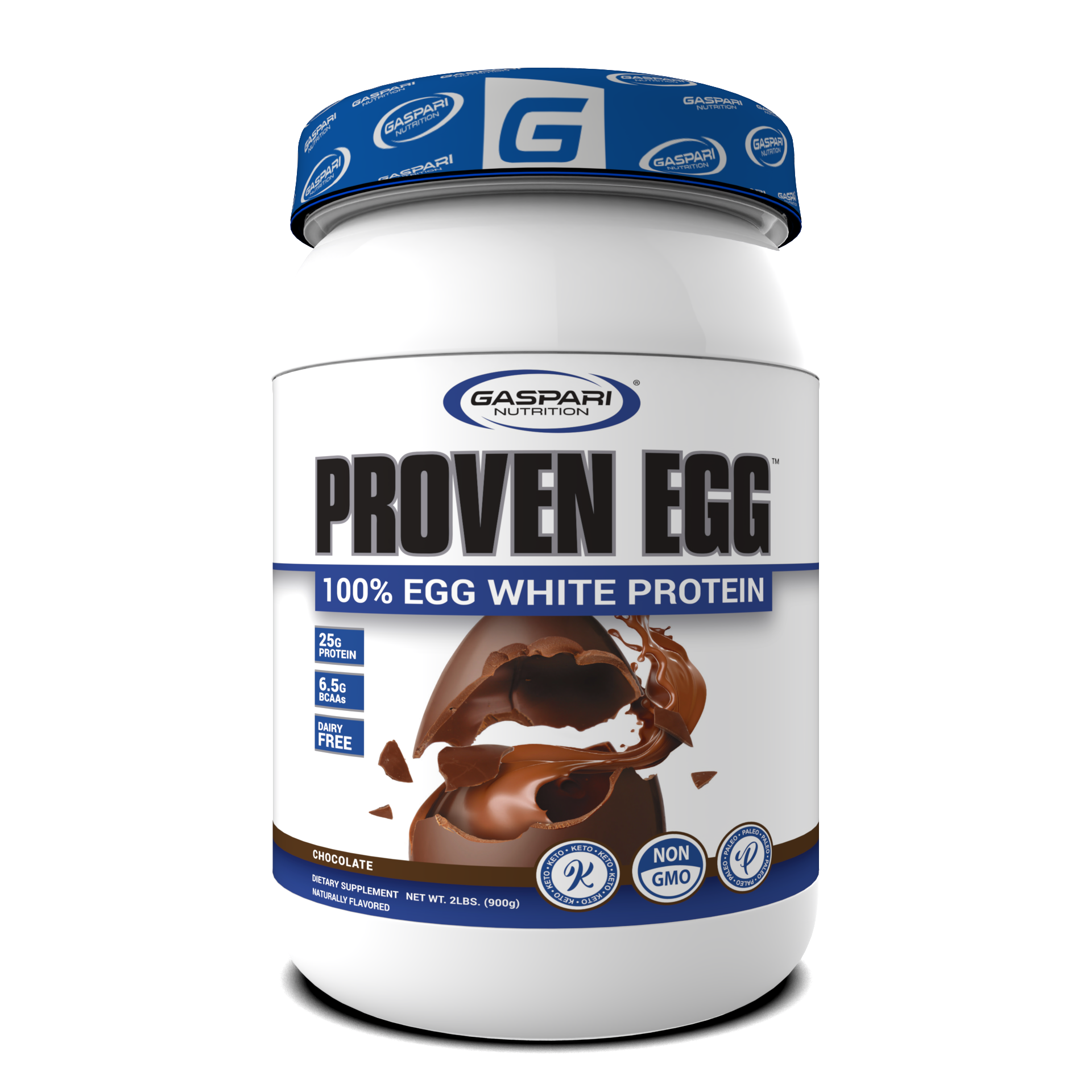



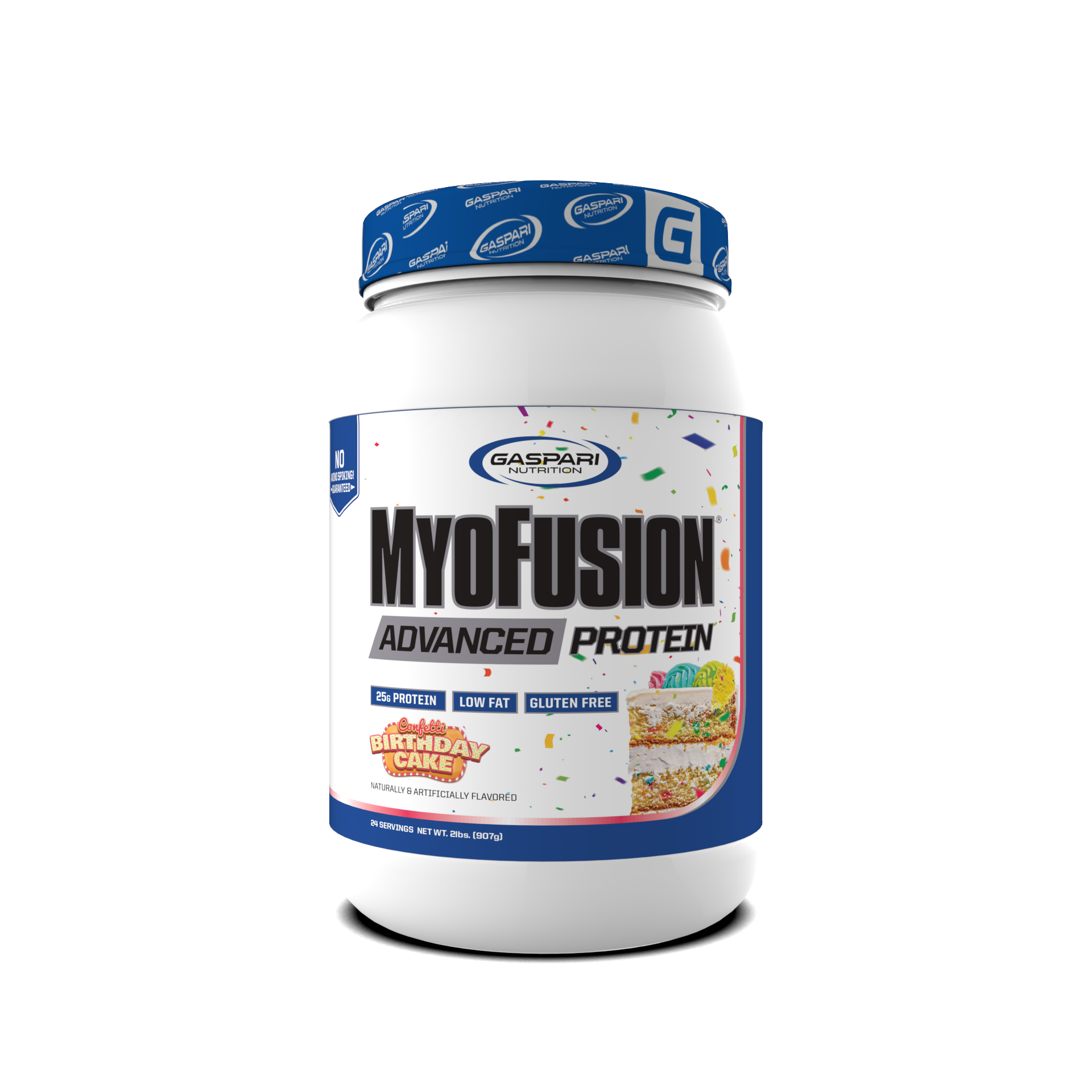



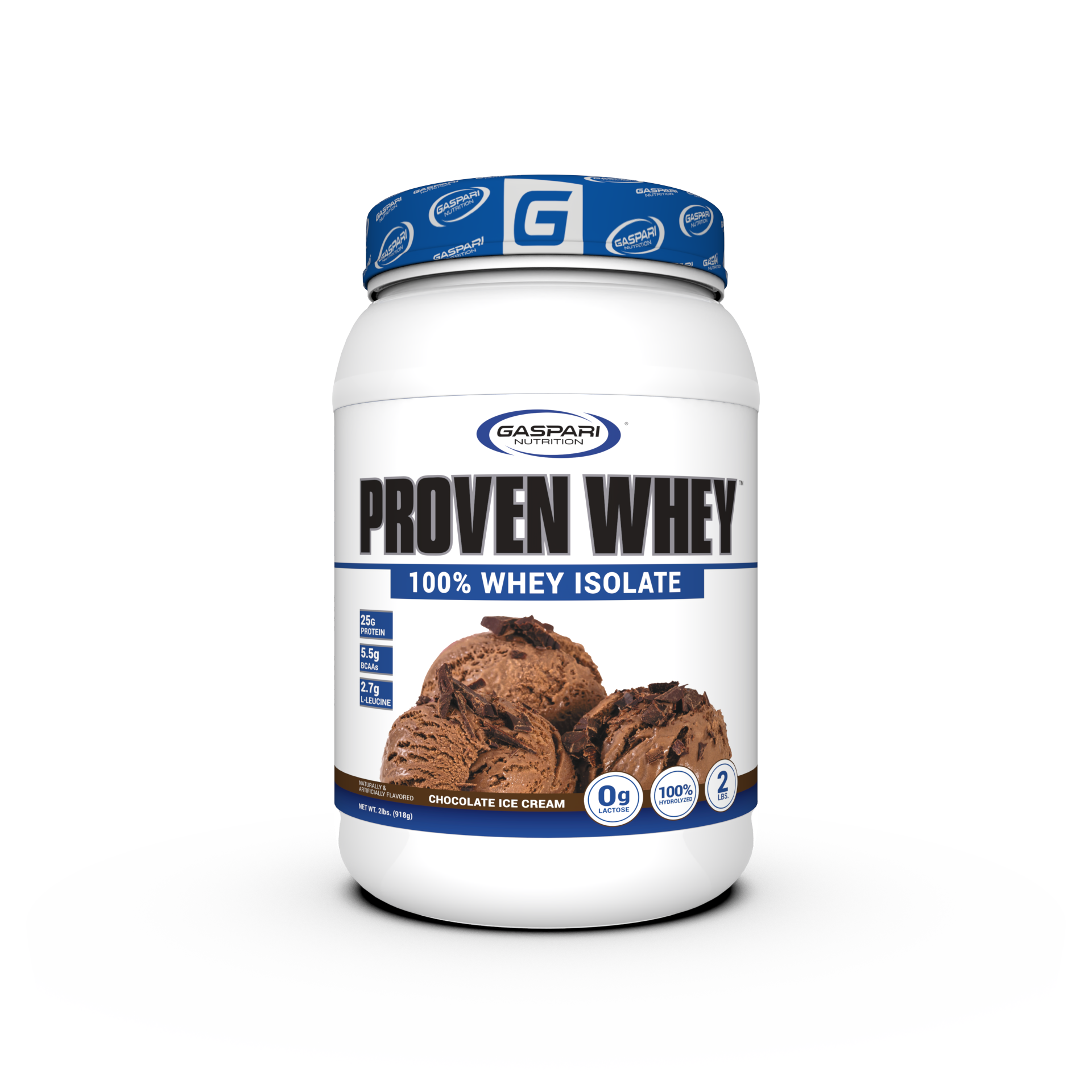




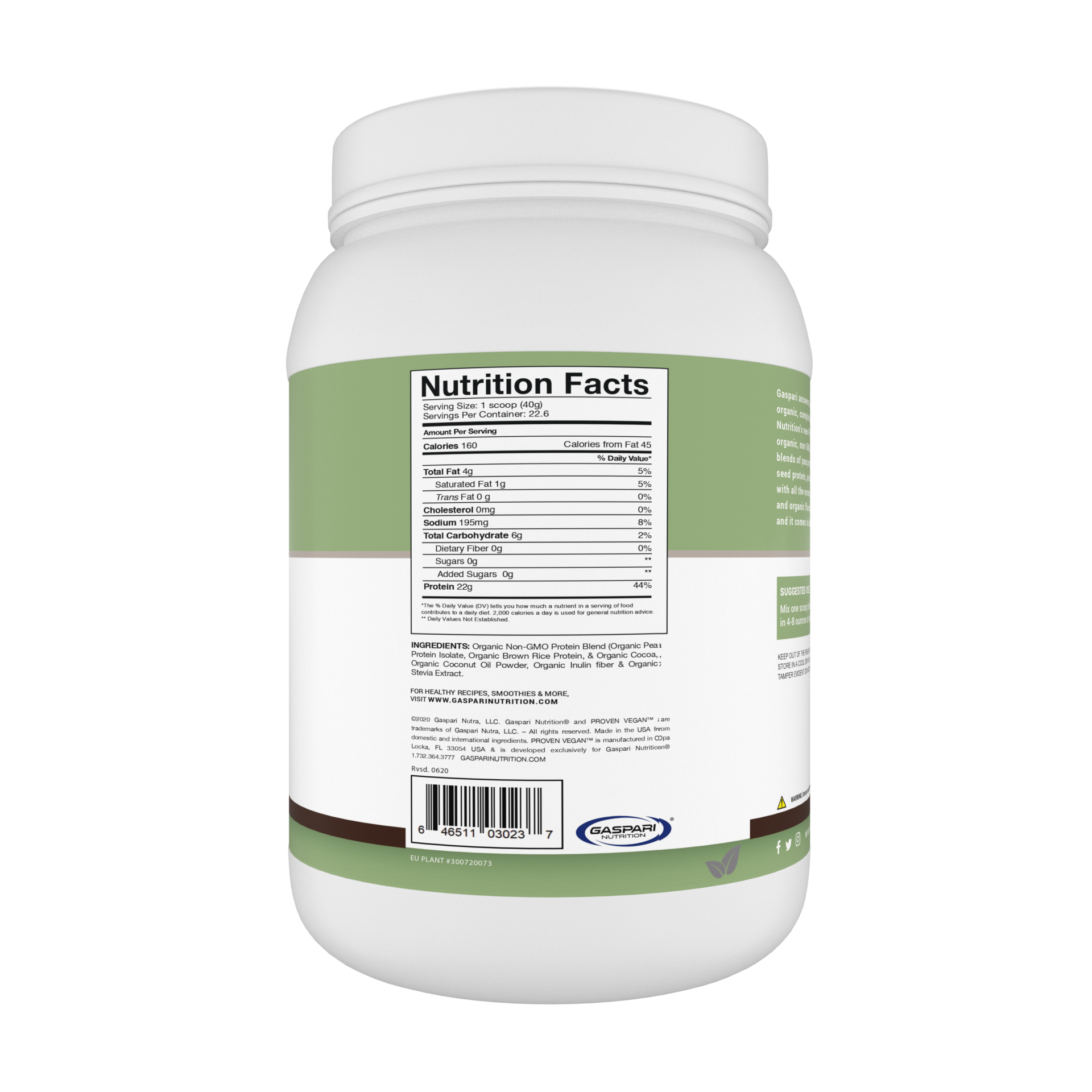






















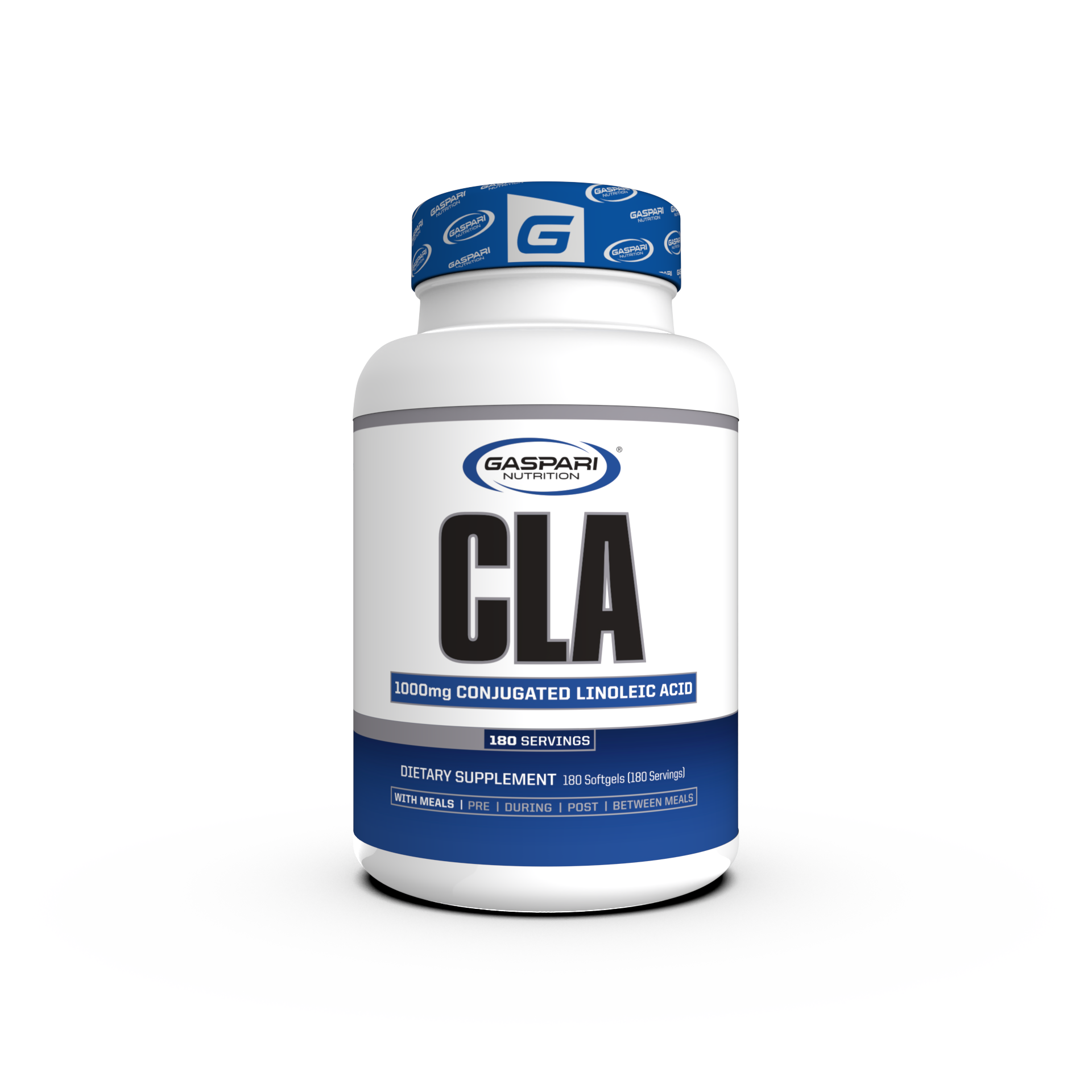



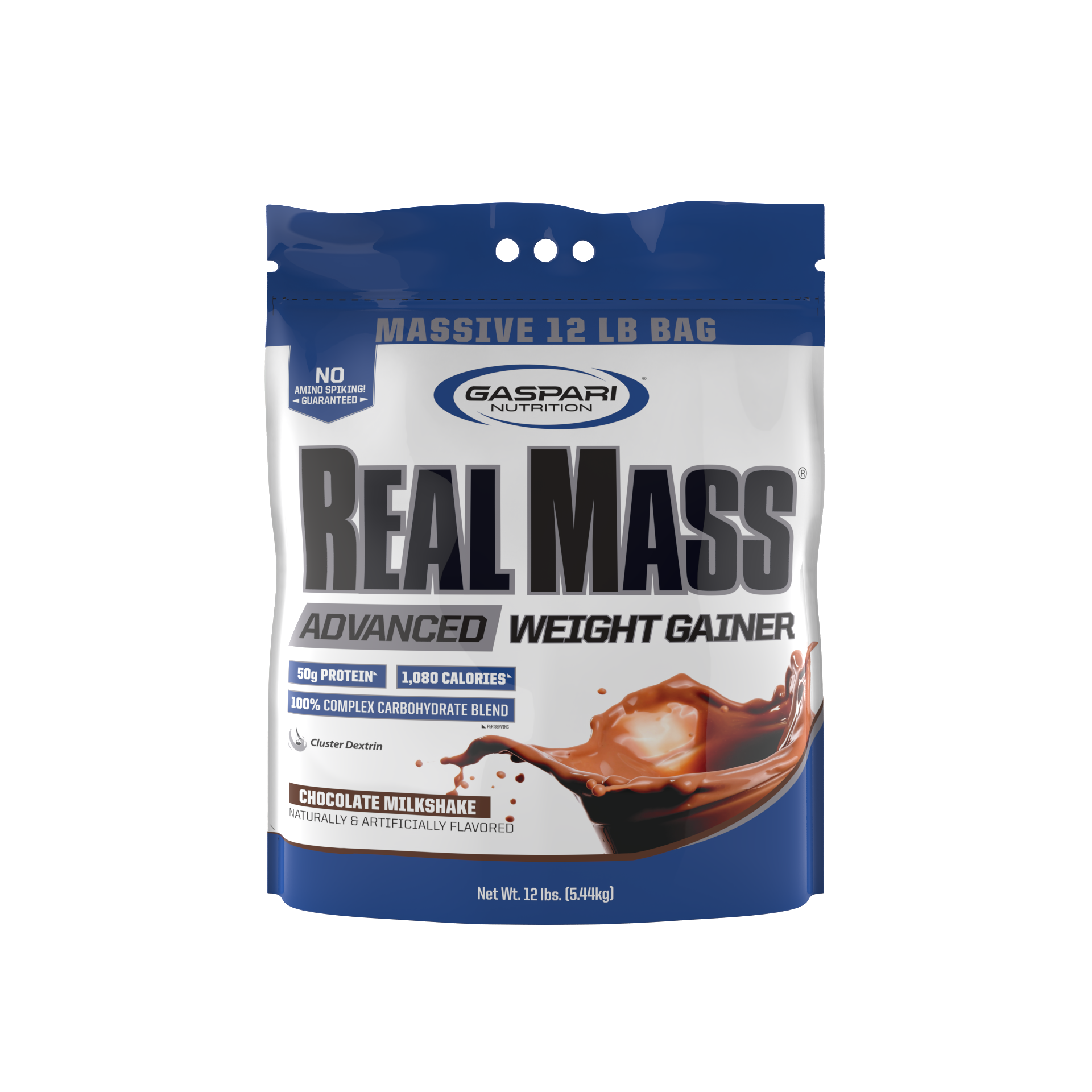











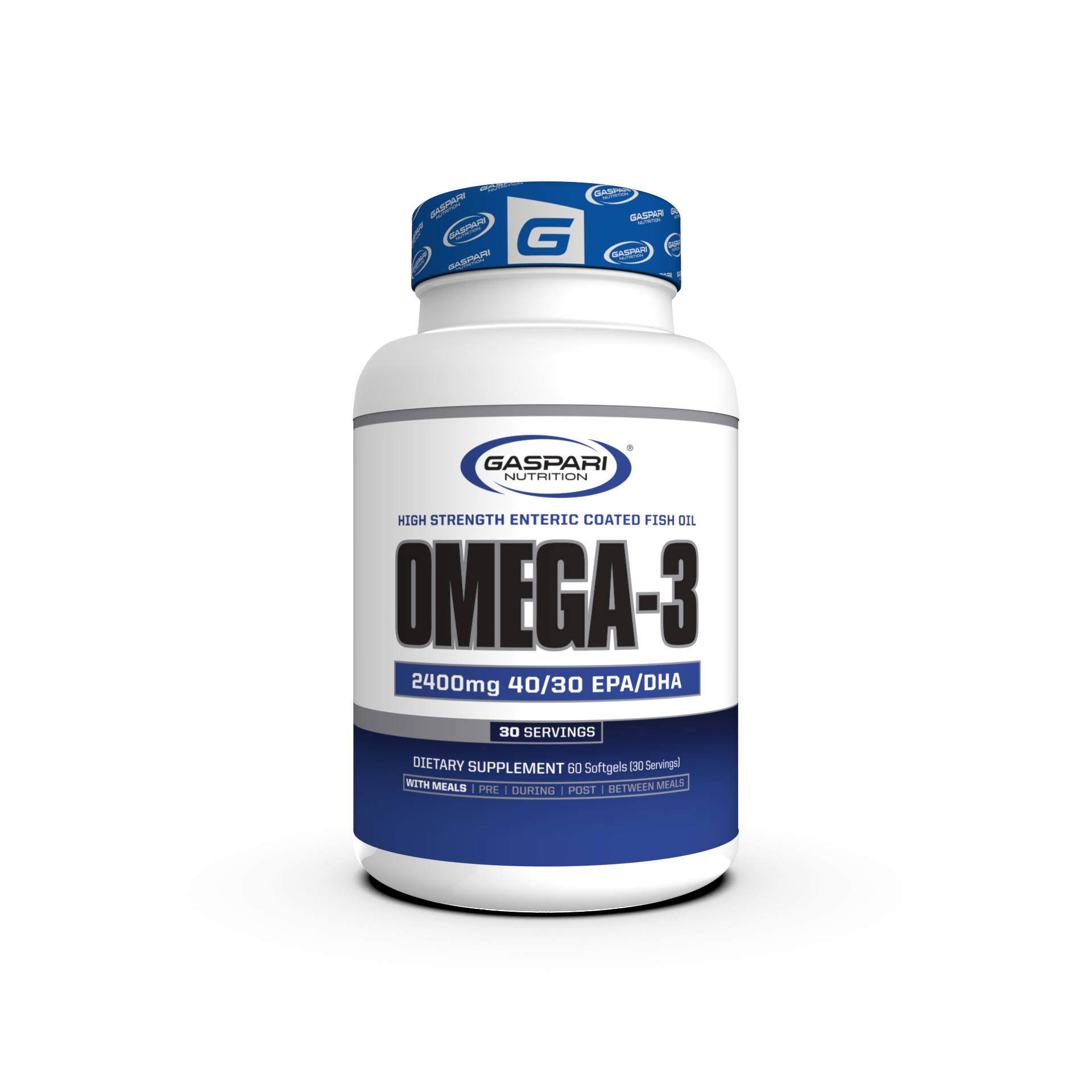



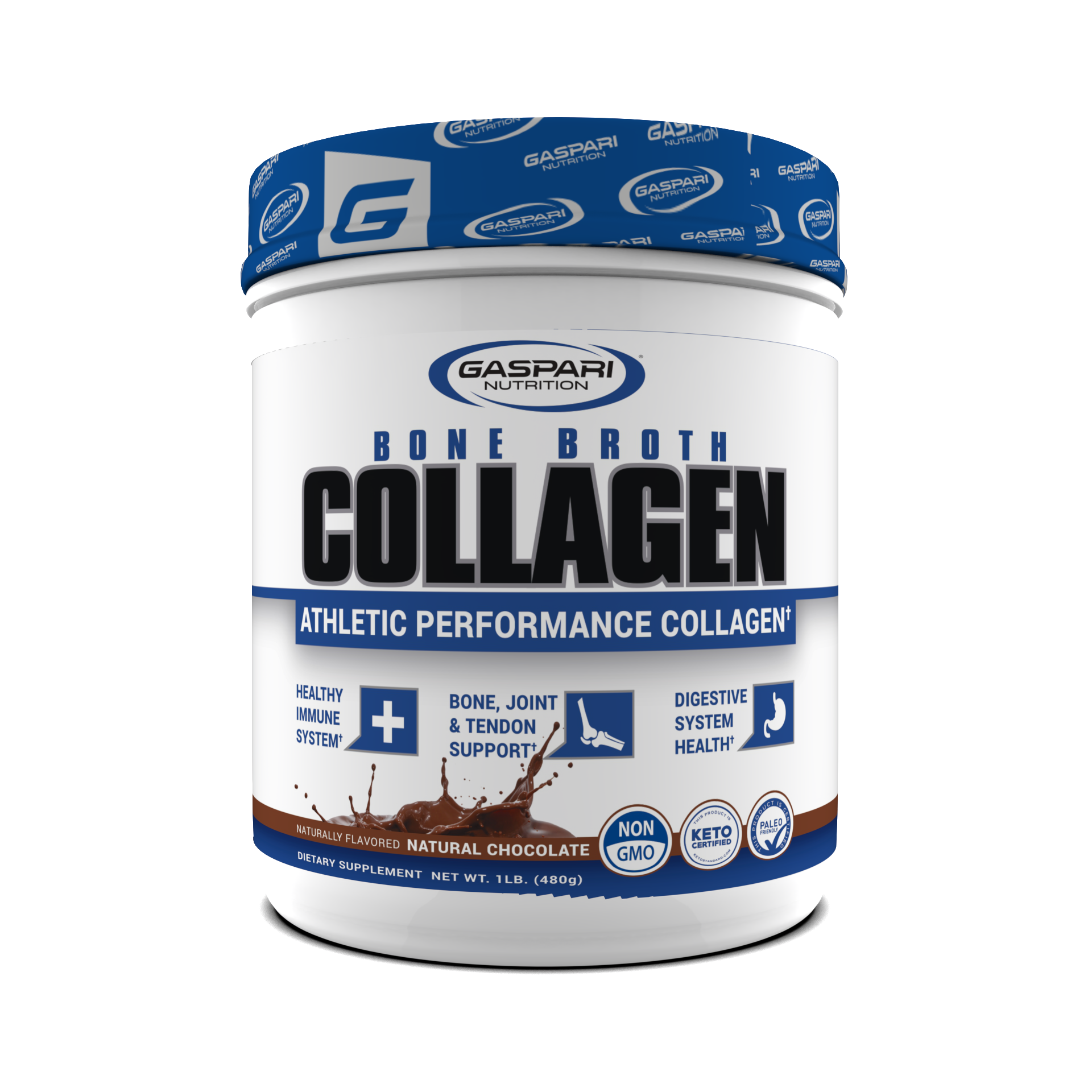



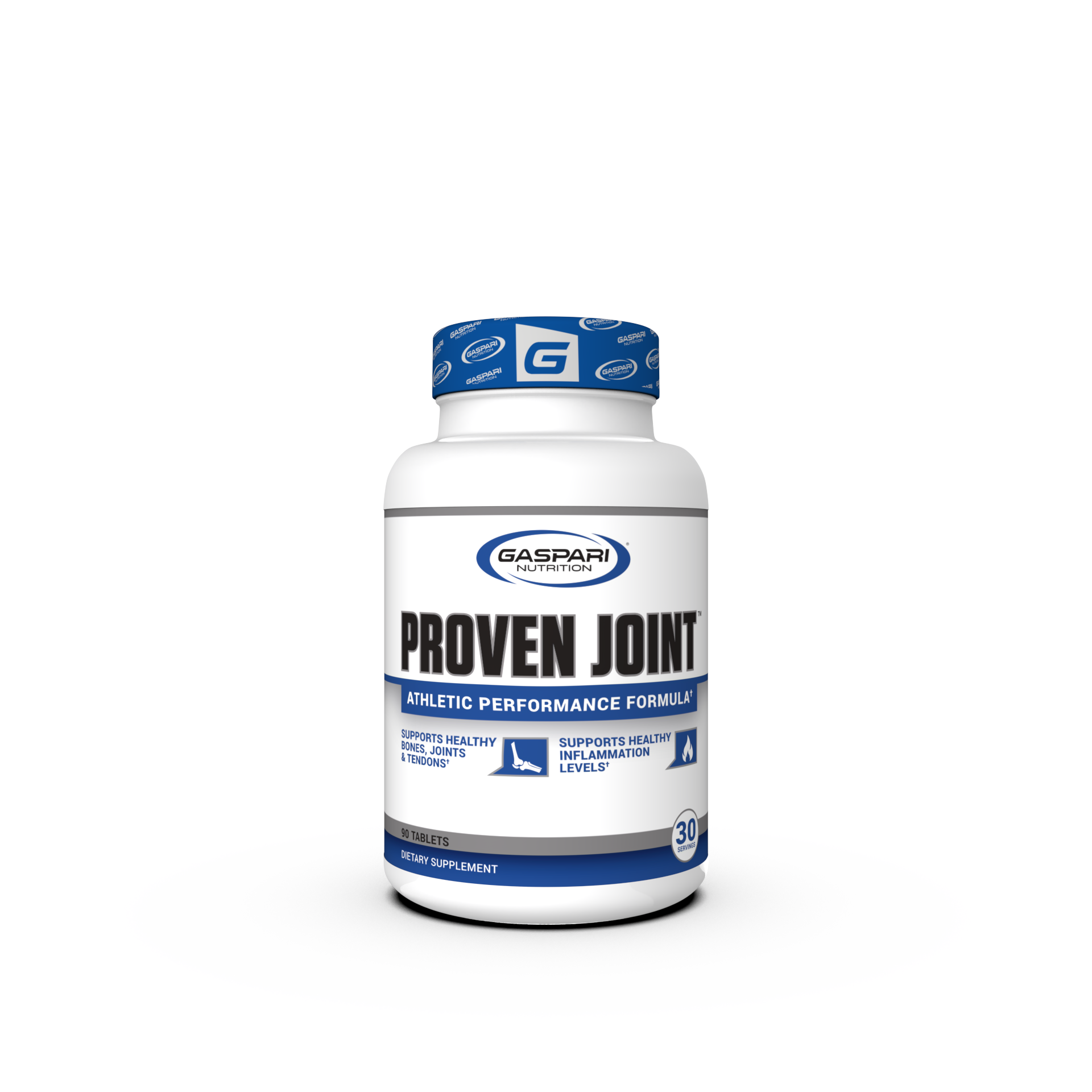








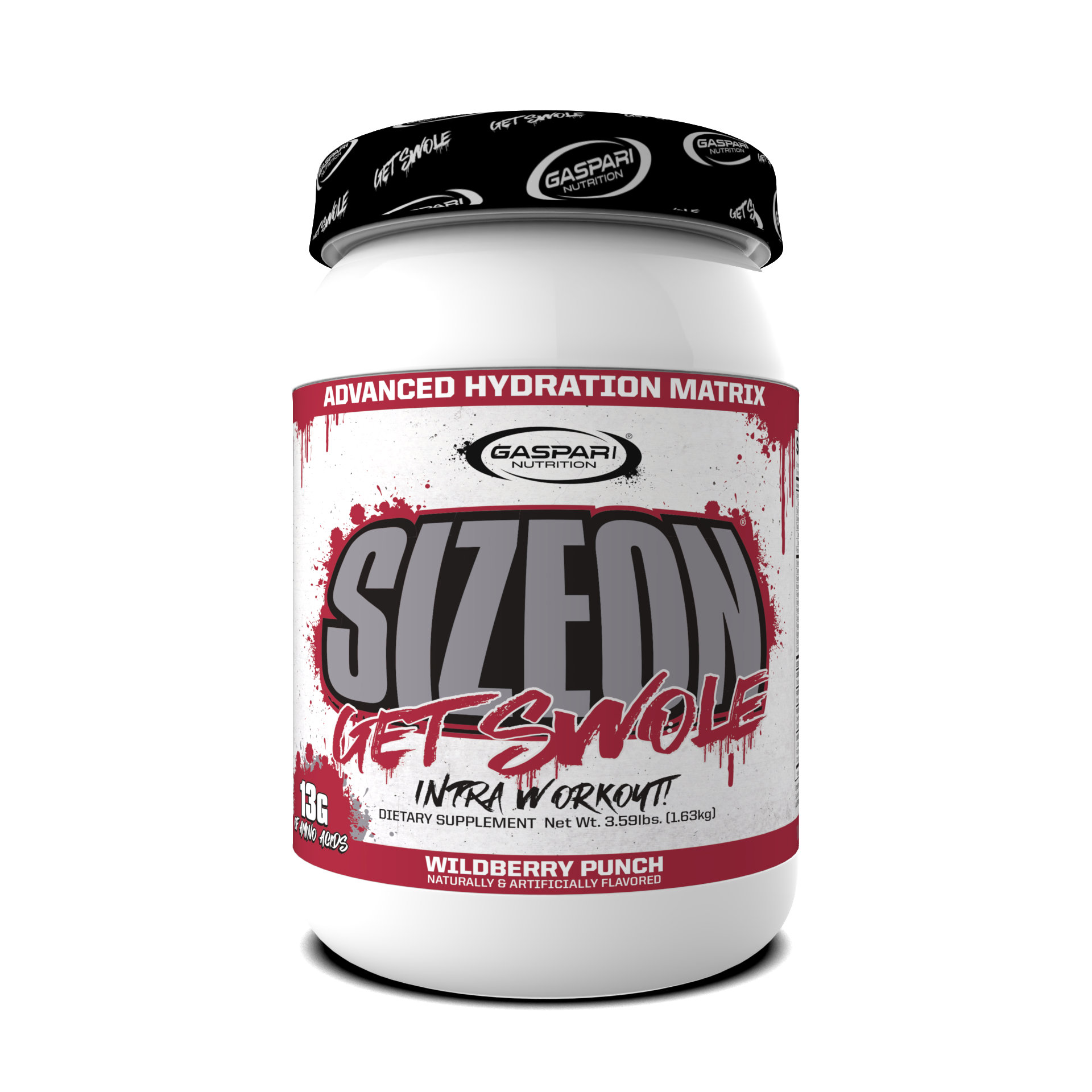


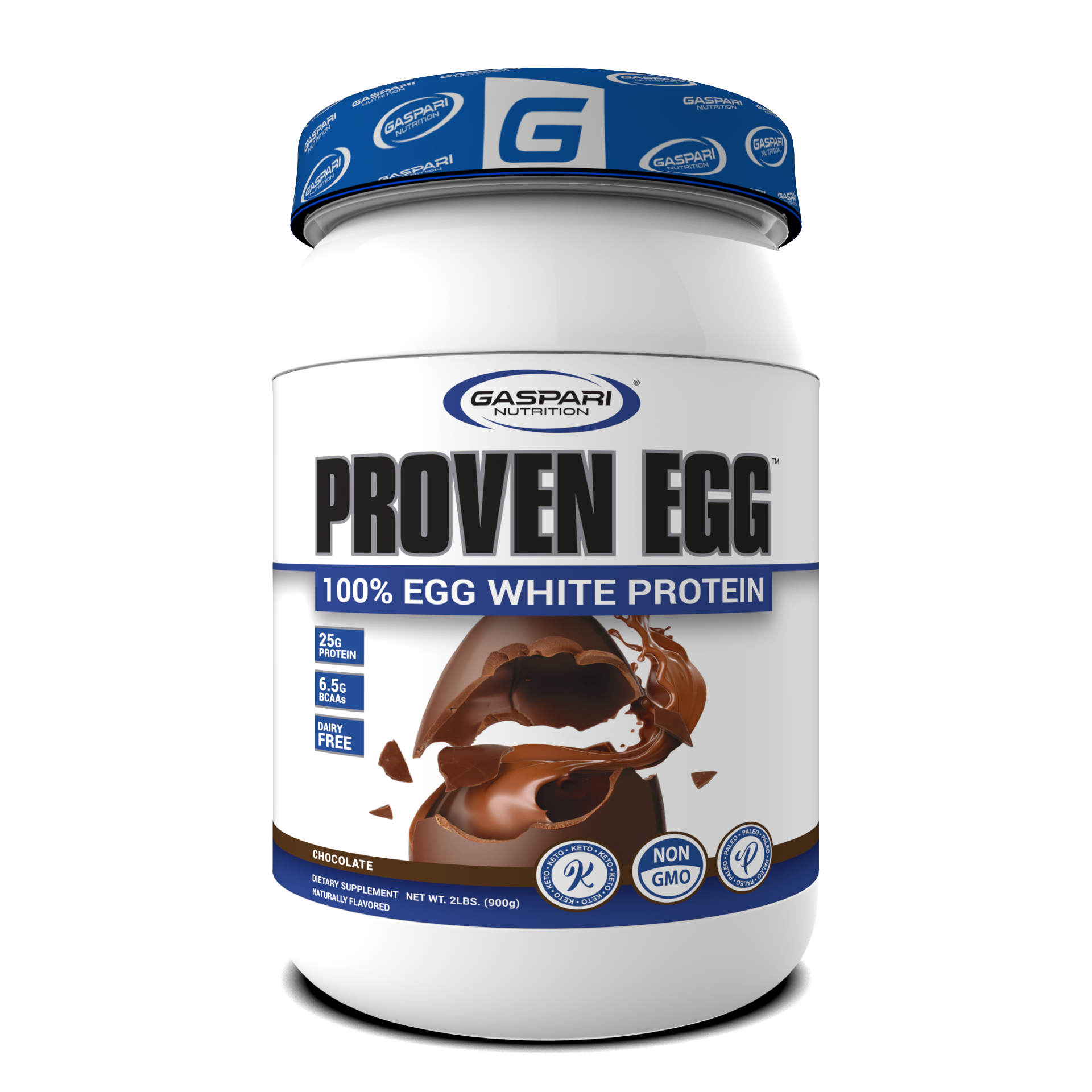

Share:
How To Prevent Workout Injuries During Pregnancy
Can Yoga Be A Benefit To You And Your Baby?